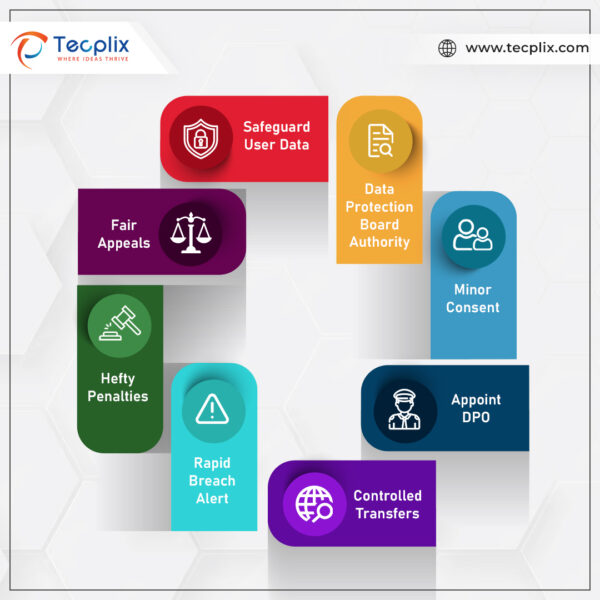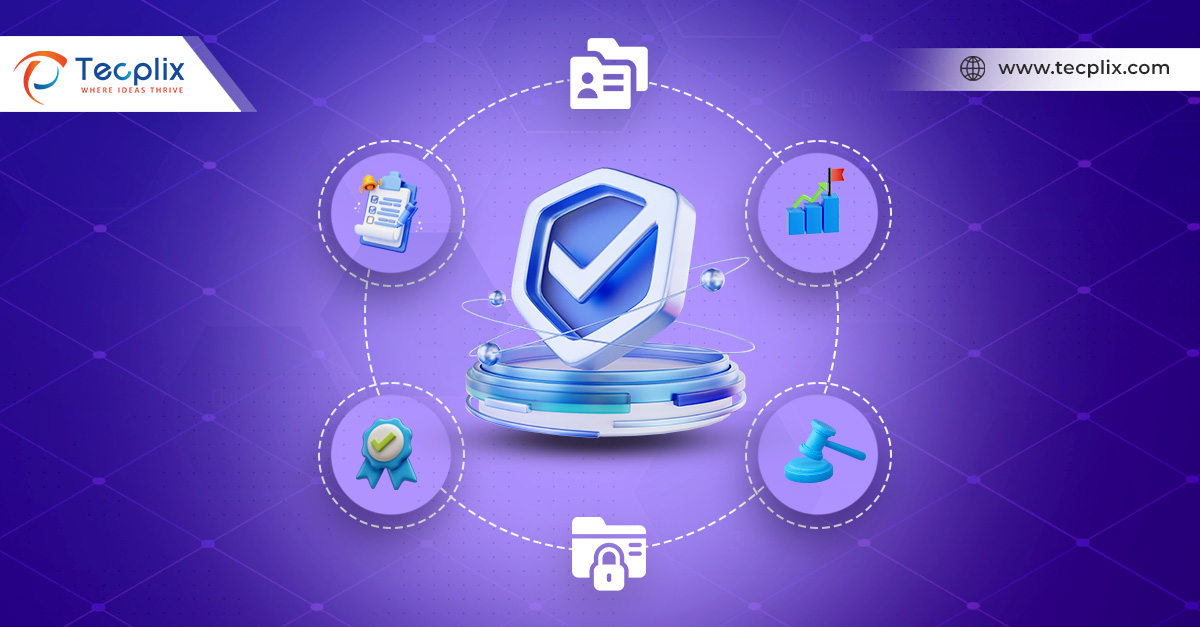In today’s digital era, data holds immense value, while ensuring the protection of personal information is the most prominent challenge organizations face. With the average global cost of a data breach soaring to USD 4.45 million in 2023 (source: IBM), businesses worldwide are increasingly focusing on compliance with data protection regulations. The Digital Personal Data Protection Act (DPDPA) protects the data privacy rights of 1.4 billion people in India. DPDPA sets stringent standards, with penalties of up to ₹250 crore for non-compliance.
Understanding the DPDPA
The DPDPA, enacted in August 2023, represents India’s proactive response to the challenges posed by rapid digitization and expanding data flows. This comprehensive framework is anchored in principles of accountability, transparency, and fairness. It places responsibilities on entities referred to as Data Fiduciaries, which are organizations that handle personal data, while outlining the rights and responsibilities of Data Principals, the individuals to whom the data belongs.
Key Principles of DPDPA
- Applicability: The DPDPA applies to any organization processing the personal data of individuals in India, irrespective of their location.
- Data Protection Scope: Personal data, as defined by the DPDPA, encompasses any information identifying an individual, necessitating a uniform approach to safeguarding all forms of personal information.
- Lawful Grounds for Data Processing: Data processing must be based on explicit consent or other lawful grounds outlined in the DPDPA, ensuring individuals’ control over their personal information.
- Consent Requirements: Explicit, informed, and unambiguous consent is mandatory for data processing under the DPDPA, empowering individuals to exercise control over their personal information.
- Penalties for Violations: Breaches can result in penalties ranging from INR 10,000 to INR 250 crore, highlighting the importance of compliance.

Key components of DPDPA
Addressing Key Challenges
The DPDP Act addresses critical challenges faced by companies in data protection, including mitigating data breaches, fostering consumer trust, ensuring legal compliance, facilitating international business operations, and gaining a competitive advantage.
Enforcement Mechanisms
The Data Protection Board (DPB) oversees the enforcement of the DPDPA, which requires companies to report a breach within 72 hours and implement remedial actions. Timely reporting and compliance are crucial to avoid penalties and maintain trust with stakeholders.
Data Protection Impact Assessment (DPIA)
While mandated for significant data fiduciaries, DPIAs serve as proactive measures for all organizations to enhance data protection practices, mitigate risks, and fortify cybersecurity frameworks.
Ensuring Data Privacy and Empowering Customer Trust
India’s Digital Personal Data Protection Act signifies a pivotal step towards safeguarding individual privacy and promoting responsible data stewardship. Businesses interested in serving the Indian market must prioritize compliance with the DPDPA to ensure legal adherence and build trust with customers. Tecplix offers comprehensive services to assist companies in navigating the complexities of the act, from compliance gap assessments to ongoing management services.
By implementing robust data security practices and prioritizing user consent, businesses can leverage the power of data analytics while mitigating risks and gaining a competitive edge in the digital marketplace.
Tecplix offers a comprehensive suite of services to help businesses navigate the DPDPA landscape:
- Compliance Assessments: We identify compliance gaps and develop a roadmap for adherence.
- Gap Remediation: We assist in policy development, technical remediation, and providing a Privacy Officer as a Service.
- Ongoing Management: We offer ongoing support to maintain compliance and adapt to evolving regulations.
Take the first step towards DPDPA compliance by signing up for a comprehensive compliance gap assessment with Tecplix. Get started now!


